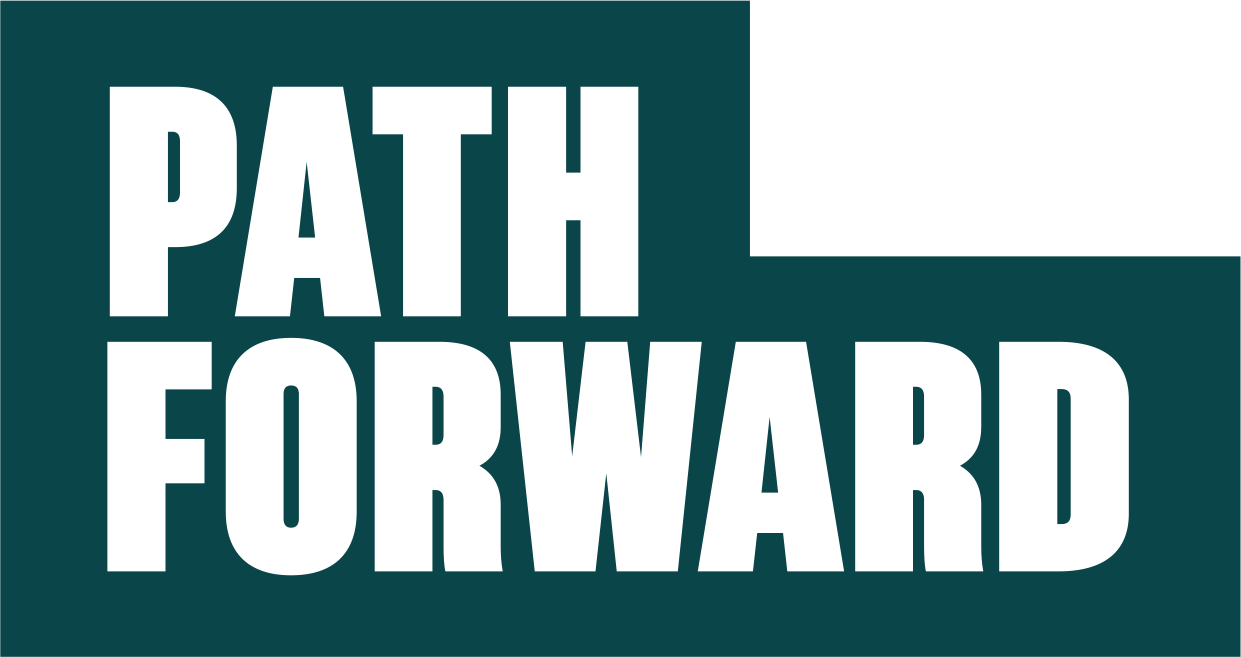Secret to Success - A "Learning Culture"
In 1962, we came within a hair’s breadth of World War III. It was a “learning culture” that prevented an unimaginable cataclysm.The lighted fuse was the Cuban Missile Crisis. An American spy plane discovered that the Soviets were placing nuclear missiles in Cuba — within easy striking distance of the United States.The young American President, John F. Kennedy, who'd recently been stung by a foreign policy fiasco at Cuba’s Bay of Pigs, wanted to get it right this time. He knew that Soviet Premier Khrushchev was testing his mettle. He faced the impossible challenge of demanding the removal of the nukes from Cuba while not provoking Khrushchev into a violent confrontation.Kennedy thought it critical to gather all informed perspectives before deciding on a specific course of action. He invited into the decision-making process a couple of powerful military leaders — an admiral and a general — who had quite vocally criticized Kennedy and the course of action he was leaning toward. Rather than ignore the dissenting view, Kennedy swallowed his pride and his anger and asked the officers to make their case one final time. When it was explained to him in a new way, the insight landed. Kennedy realized its validity and changed his mind. The course of action he thus chose — a result of inviting diversity — averted a nuclear war.
To what extent do you solicit the viewpoints of people who might disagree with you?
Biologists know that a diverse ecosystem is healthier — more resistant to disease and infestation. And our organizations are ecosystems, in which diversity takes the form of perspectives, styles, opinions, and skills. If inviting diversity – in Kennedy’s case, contrasting viewpoints – can avert a nuclear war, how might it enhance the effectiveness of your team …… let alone the morale? Employees whose viewpoints and contributions are valued are more motivated, more reliable, more productive.To what extent do you solicit the viewpoints of people who might disagree with you? — especially subordinates? Does it mean you have to always agree with them? Of course not. But virtually everyone who studies leadership regards an active openness to others’ ideas as a higher level of leadership — which study after study shows creates a higher level of performance. Do you have the courage of JFK?What I’m describing here is a “learning culture.” That concept underlies everything in our book, The Leadership Platform. It quite often spells the difference between organizational success and failure.We tend to think of the “my-way-or-the-highway” leader as tough, strong. But truly it’s weakness and insecurity that leads someone to say, “My mind’s made up; don’t confuse me with differing perspectives.” The guy who always equates his perspective with what best serves the company is an egomaniac and should not be managing anything or anybody. You know that guy?
YOUR PATH FORWARD: You can’t change people’s personalities, but you can create structures and processes to implement a “learning culture.” If you’re in a leadership position, use your influence to:
- create organizational values that emphasize an active respect for all stakeholders’ perspectives in all significant decisions
- create a culture of behavior that reflects those values
- ensure every project ends with a formal debrief, or "after-action review" (AAR), that invites honest feedback from all major stakeholders
- ensure all managers meet at least weekly with their direct reports, and that these meetings are two-way conversations with at least a little time carved out for "What's on your mind?"
